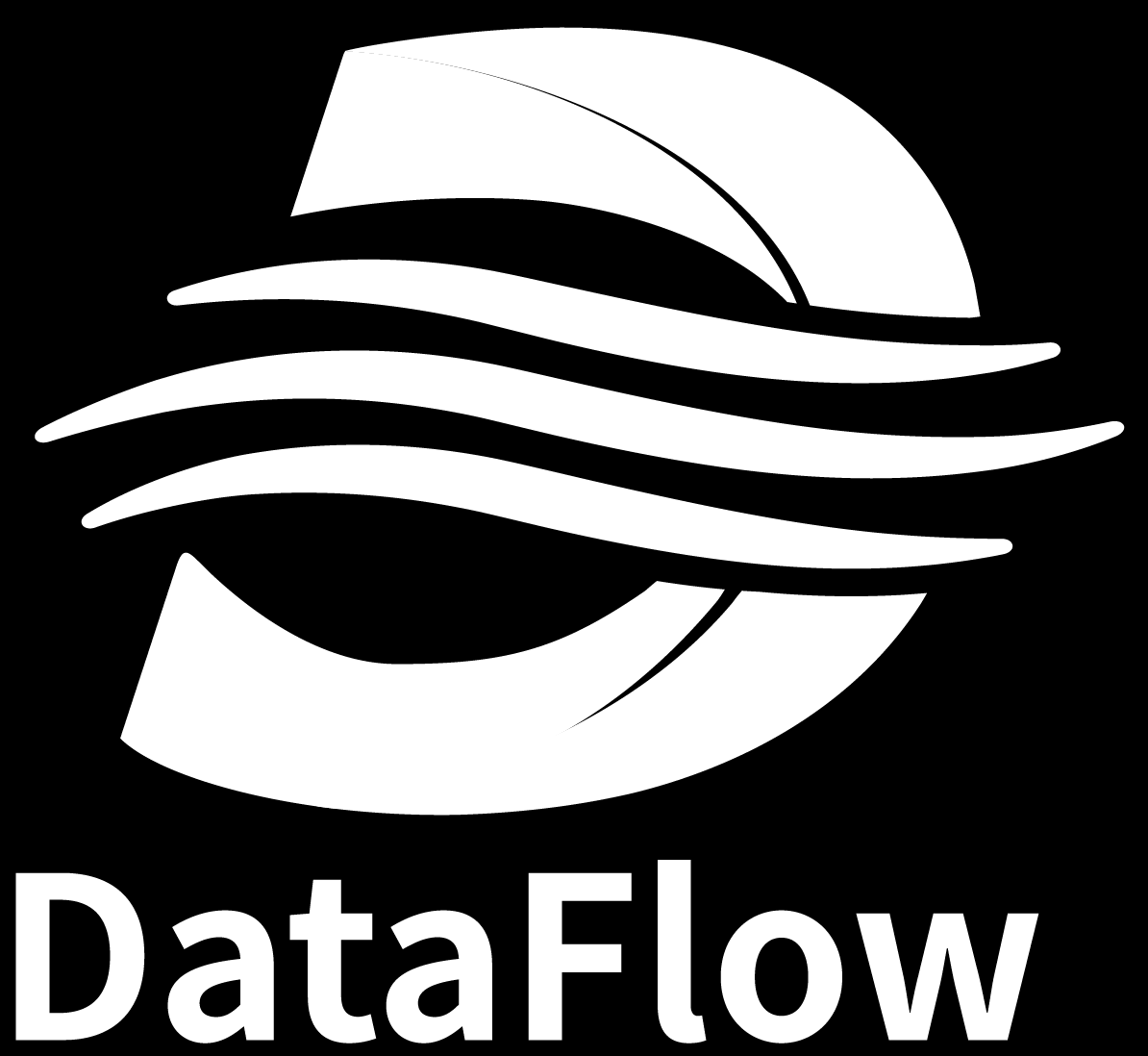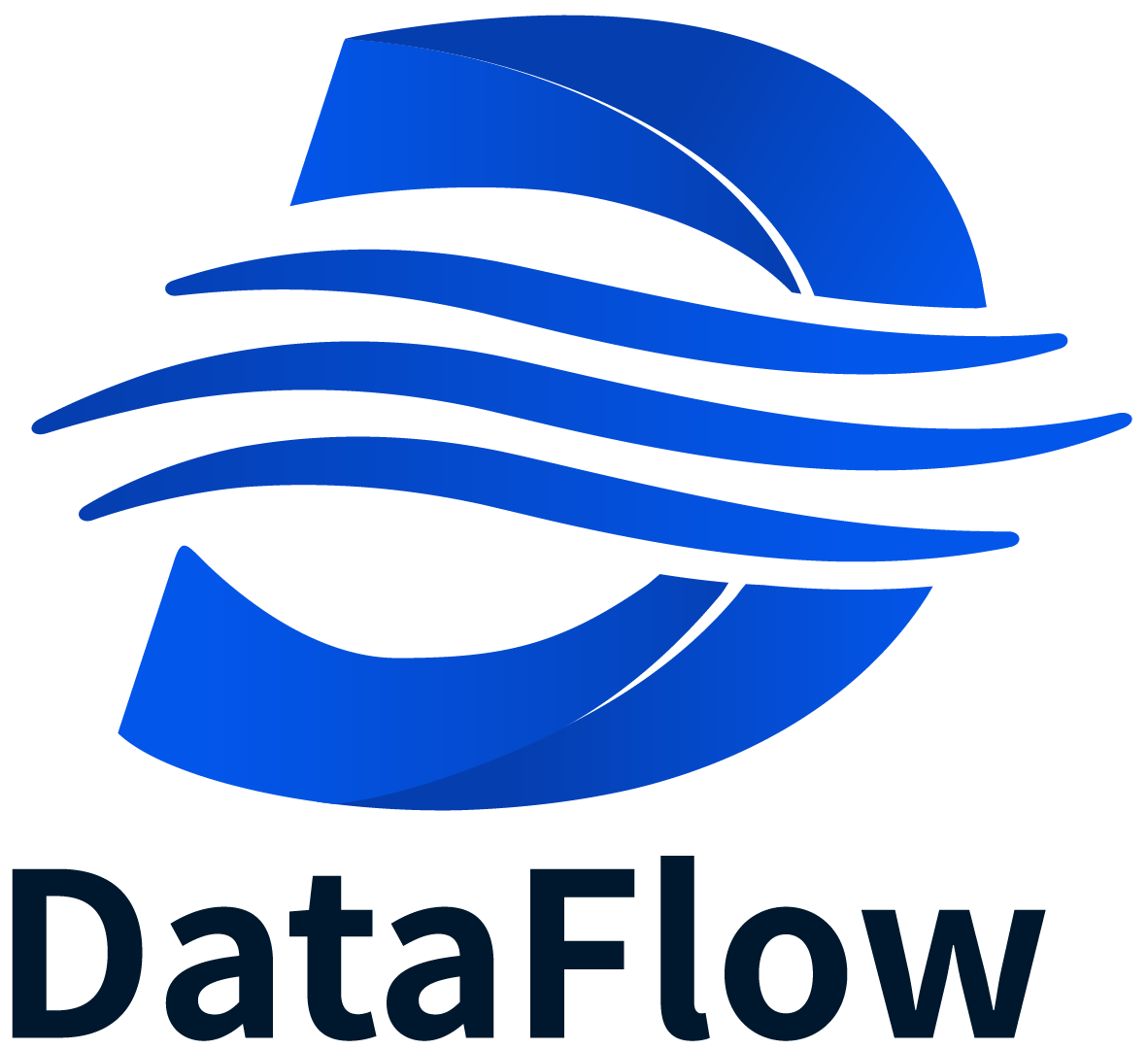Agentic RAG Data Synthesis Pipeline-Beta
About 510 wordsAbout 2 min
2025-07-14
1. Overview
The Agentic RAG Data Synthesis Pipeline is an end-to-end framework to:
- Support RL-based agentic RAG training.
- Generate high-quality pairs of questions and answers from provided text contents.
This pipeline only need text contexts for generating high-quality questions and answers for further training
2. Data Flow and Pipeline Logic
1. Input Data
The input data for the pipeline includes the following fields:
- text: various text contents
These input data can be stored in designated files (such as json or jsonl) and managed and read via the FileStorage object. In the provided example, the default data path is loaded. In practical use, you can modify the path to load custom data and cache paths:
self.storage = FileStorage(
first_entry_file_name="../dataflow/example/AgenticRAGPipeline/pipeline_small_chunk.json",
cache_path="./cache_local",
file_name_prefix="dataflow_cache_step",
cache_type="jsonl",
)2. Atomic Task Generation
2.1 Generating Task
The first step of the process is to use the Atomic Task Generator operator (AtomicTaskGenerator) to generate the question, reference answer, refined reference answer, optional verifiable answers, and the LLM’s answer to the question when provided with the original document—all from a large dataset.
Functionality:
- Generate the question, reference answer, refined reference answer, optional verifiable answers, and the LLM’s answer to the question when provided with the original document—all from a large dataset.
Input: Original text content
Output: Question, reference answer, refined reference answer, optional verifiable answers, and the LLM’s answer to the question when provided with the original document—all from a large dataset.
llm_serving = APILLMServing_request(
api_url="https://api.openai.com/v1/chat/completions",
model_name="gpt-4o-mini",
max_workers=500
)
atomic_task_generator = AtomicTaskGenerator(
llm_serving=llm_serving
)
result = atomic_task_generator.run(
storage = self.storage.step(),
input_key = "text",
)3. Task Quality Evaluation
3.1 F1 Scorer
The second step of the process is to use the F1 Scorer operator (F1Scorer) evaluate the F1 score between the refined reference answer and the LLM’s answer to the question when provided with the original document. This step ensures that each constructed question, when paired with correct document retrieval, receives an appropriate reward, thereby maintaining the training quality of reinforcement learning.
Functionality:
- Evaluate the F1 score between the refined reference answer and the LLM’s answer to the question given the original document.
Input: refined reference answer, the LLM’s answer to the question given the original document. Output: F1 scores
f1_scorer = F1Scorer(
prediction_key="refined_answer",
ground_truth_key="golden_doc_answer"
)
result = f1_scorer.run(
storage=self.storage.step(),
output_key="F1Score"
)3. Running the Process
Run the complete process:
import pandas as pd
from dataflow.operators.eval import *
from dataflow.operators.generate import (
AtomicTaskGenerator,
DepthQAGenerator,
WidthQAGenerator
)
from dataflow.operators.filter import *
from dataflow.utils.storage import FileStorage
from dataflow.serving import APILLMServing_request, LocalModelLLMServing
from dataflow.core import LLMServingABC
class AgenticRAGEvalPipeline():
def __init__(self, llm_serving=None):
self.storage = FileStorage(
first_entry_file_name="../dataflow/example/AgenticRAGPipeline/pipeline_small_chunk.json",
cache_path="./agenticRAG_eval_cache",
file_name_prefix="agentic_rag_eval",
cache_type="jsonl",
)
llm_serving = APILLMServing_request(
api_url="https://api.openai.com/v1/chat/completions",
model_name="gpt-4o-mini",
max_workers=500
)
self.task_step1 = AtomicTaskGenerator(
llm_serving=llm_serving
)
self.task_step2 = F1Scorer(
prediction_key="refined_answer",
ground_truth_key="golden_doc_answer"
)
def forward(self):
self.task_step1.run(
storage = self.storage.step(),
input_key = "contents",
)
self.task_step2.run(
storage=self.storage.step(),
output_key="F1Score"
)
if __name__ == "__main__":
model = AgenticRAGEvalPipeline()
model.forward()
